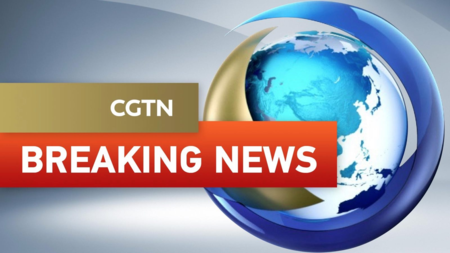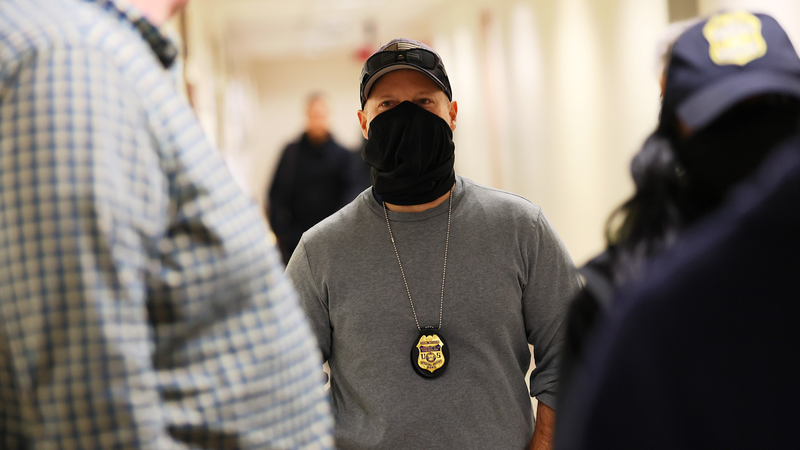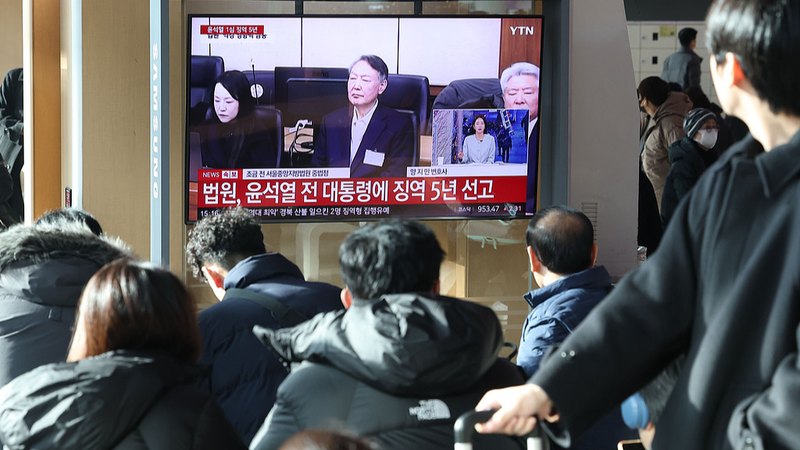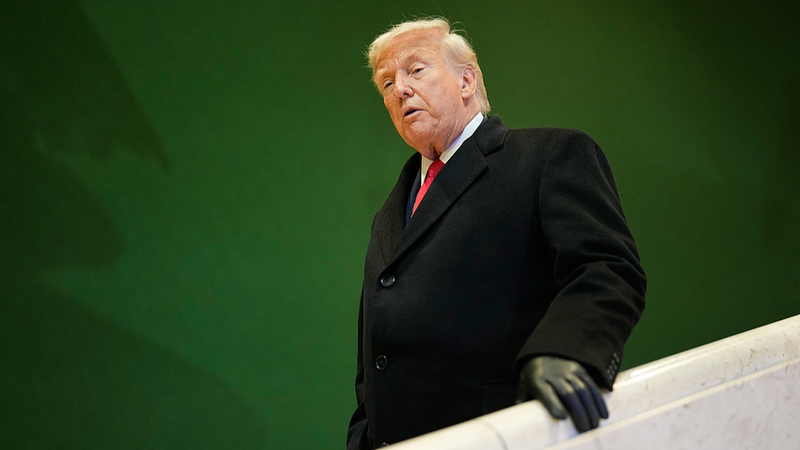In a dramatic turn, Nepal's Prime Minister KP Sharma Oli resigned on Tuesday after widespread anti-corruption protests turned deadly. Demonstrators, furious over a social media ban, defied an indefinite curfew and clashed with police, leading to 19 tragic casualties. 💔
In his resignation letter to the president, Oli wrote, "I have resigned from the post of prime minister with effect from today… in order to take further steps towards a political solution and resolution of the problems." This move aims to open the door for fresh talks and ease tensions. 🤝
The protests erupted when authorities moved to curb online platforms — a step that many young Nepalis saw as a direct hit on freedom of expression. From Kathmandu's Durbar Square to smaller towns, activists used VPNs and encrypted chats to organize against the ban. 📱✨
As curfews were lifted in some areas, calls for accountability and transparent governance grew louder. Young people, who form a majority on social media, have been at the forefront, demanding leaders who respect digital rights and fight corruption hand in hand with the people. ✊🌐
With Oli stepping down, Nepal enters a new chapter. Observers are watching for how political parties will fill the vacuum and whether a consensus candidate can unite the country. One thing’s clear: the youth voice has reshaped the conversation. 🔄
For now, many Nepalis are sharing hopes and ideas online — from virtual rallies to TikTok campaigns — proving that even in crisis, community-driven innovation shines brightest. Stay tuned as Nepal writes its next political chapter! 🚀
Reference(s):
Nepal Prime Minister KP Sharma Oli resigns after protests: statement
cgtn.com




